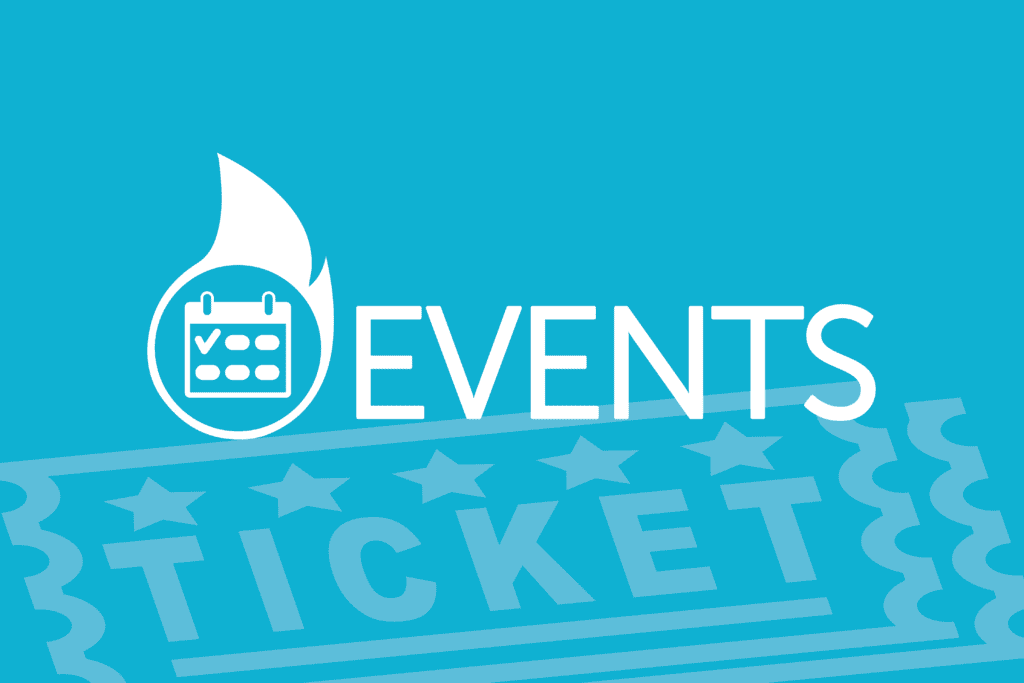It is Patient Worthy’s pleasure to report on the first International Acromegaly conference which brought together acromegaly support groups from East and West Canada,- The Vancouver and Atlantic Acromegaly support groups, the United States, and the World Pituitary Network.
Hosted by the Vancouver Acromegaly Support Group, Deanna Bediuk, Founder, with the help and support of her Board of Directors, brought together an amazing array of physicians and patients. A number of pharmaceuticals companies and pharmacies helped financially.
The event was supported also by charitable donations from friends, family and the Vedder Legion Branch #280. Even the grandchildren of some of the patients held fundraisers to make this event possible. Love of Grandma, love of friends, love of brothers and sisters, were all evident in the community of sufferers and supporters.
What does it take to figure out and treat Acromegaly? In the least, endocrinologists, neurosurgeons, excellent lab work though medical biochemistry, specialists in Rhinology (as the surgery commonly takes place through the nose), and experts in pain management.
Acromegaly, caused by a pituitary tumor, is not a simple disorder.
The endocrine system is complex and the early manifestations of acromegaly difficult to sort out. The irony is that while a simple blood test and an MRI can lead to a definitive diagnoses, the rarity and initial subtlety of the symptoms often results in late diagnoses.
While surgery is often a first line of treatment, the delicate nature of the brain surgery and the involvement of the tumor in other structures, means that the outcome is not always ideal. In addition, the tumor can grow back- and back again.
There are a number of medications which can help control acromegaly. But, as Dr. Klaus Kutz has written, “…nearly 80 percent of acromegaly patients are not well controlled on existing first-line therapy alone and up to 20 percent may have not have a response at all,”
Dr. Michelle Johnson spoke about the many factors to think about and consider when selecting among the currently available therapeutic options, while Dr. Ehud Ur informed the group of upcoming clinical trials.
Dr. Dan Holmes spoke about the lab process of testing IGF-1 and GH blood work. If different lab assays are used that results will not be comparable. If the data is not good, the decisions for treatment cannot be good. Dr. Angel Rigueras brought tears to the eyes of many participants as he spoke about not only the physical pain the overgrowth of the jaw, feet and hands cause, but about the psychological pain of being considered a malingerer or an addict. How good it is to be understood!
So many bodily functions can be impacted by acromegaly: vision, heart functions, menstrual disorders, skin changes (acne, skin tags, thickening), headaches, sleep, diabetes, high blood pressure, fatigue… Acromegaly is not just a disorder of big feet!
Patients shared their personal journeys: Dan Jefferies and Santino Matrundola opened windows onto their experiences with acromegaly, and these mattered to us all.
By letting us see into their hearts – the fear, confusion, indecision, relationships, and triumphs, everyone felt less alone and a little more able to cope. The honesty, humor and openness of these two men made a palpable difference in the community of acro members.
The Atlantic Acromegaly Group also produced a small booklet of stories entitled The Many Faces of Acromegaly.
It shares the emotional and physical challenges of many of their group’s members. Reading this pamphlet, should be mandatory for every health professional working in this field. It was heartening to see the physicians, and nurses who gave up their weekend to be there with us, and this, along with each patient, from each country and every walk of life made this a conference to remember. It was a privilege to be a part of this group.




